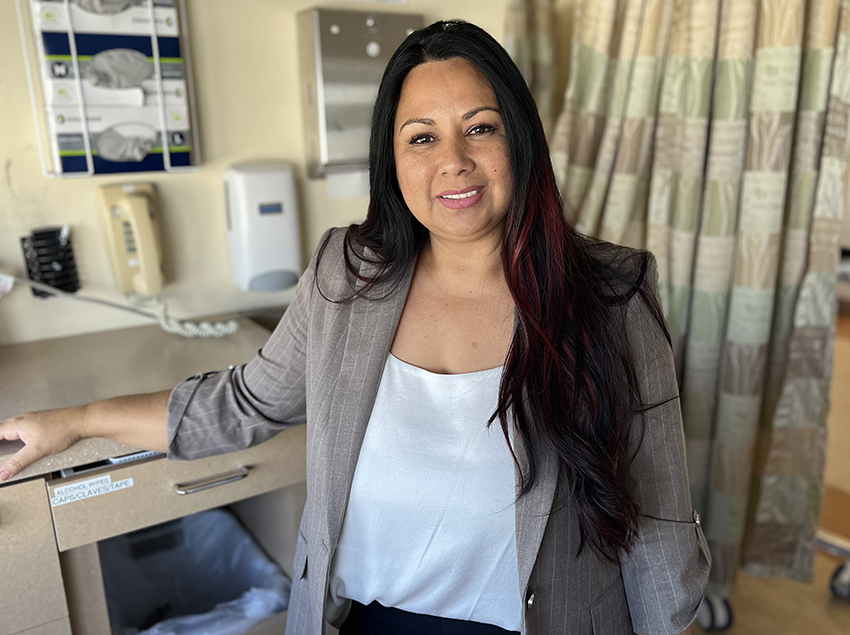Nursing & Healthcare News
Updates from the FDA
Vaccinations and hand washing to prevent illnesses
Medicine vs. Mosquitoes
New tools to detect Zika and prevent dengue disease
Do you have patients from areas where mosquito-borne illnesses are endemic? If so, you should know about some important developments in the detection and prevention of Zika virus and dengue.
Dengue Vaccine for Kids Only
The FDA recently approved a vaccine for dengue, a viral infection spread primarily by mosquitoes that affects an estimated 390 million people a year worldwide. However, there are some important provisos you should know.
Dengue is an unusual disease. The virus has four distinct serotypes; first-time infection with any one of these four is rarely severe and usually leaves you immune to that particular serotype. However, if you’re subsequently infected with one of the other three serotypes, you’re at risk of a much more severe dengue infection, which can be lethal.
Back in 2015, Sanofi Pasteur introduced a vaccine, Dengvaxia, specifically designed to prevent severe dengue. Administered to patients who’ve been previously infected with dengue (usually confirmed by antibody tests), the FDA says the three-injection series is about 76 percent effective in preventing subsequent infections.
Although the European Union has approved Dengvaxia for both pediatric and adult patients, the FDA approval covers only kids 9–16, and only in areas where dengue is endemic, which currently means Puerto Rico and some other U.S. territories. The vaccine is NOT for patients who have not been previously infected with dengue.
ZIKA Virus
Although there’ve been no reported cases of local transmission within the U.S. recently, Zika virus (ZIKV) remains a concern because infection in pregnant patients has been linked to microcephaly and other poor outcomes. ZIKV infection is also linked to a serious neurological disease, Guillain-Barré syndrome.







